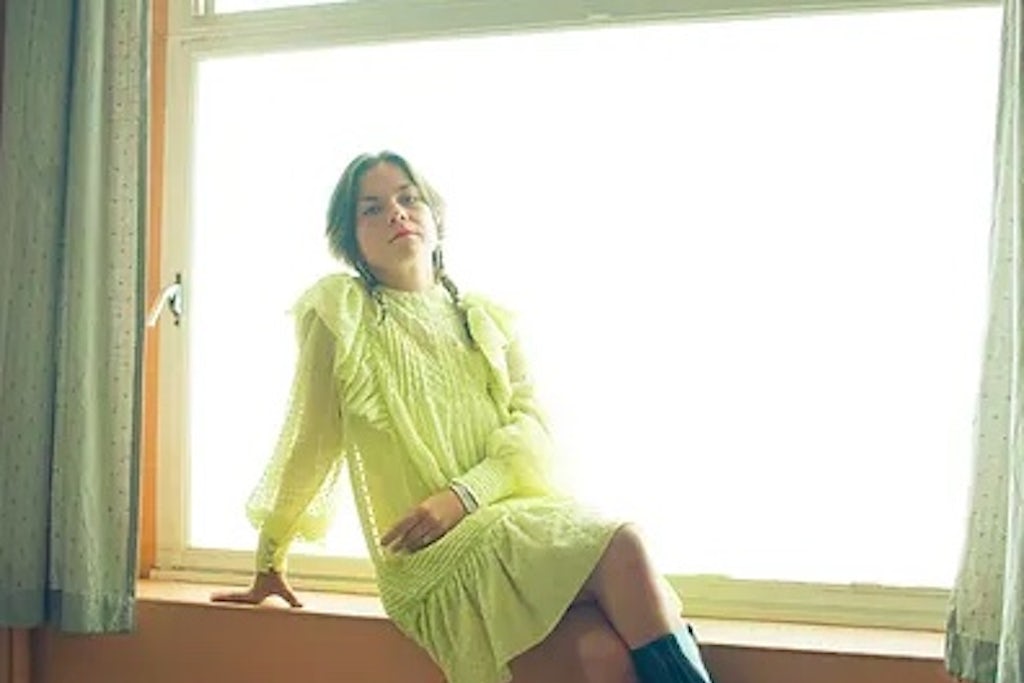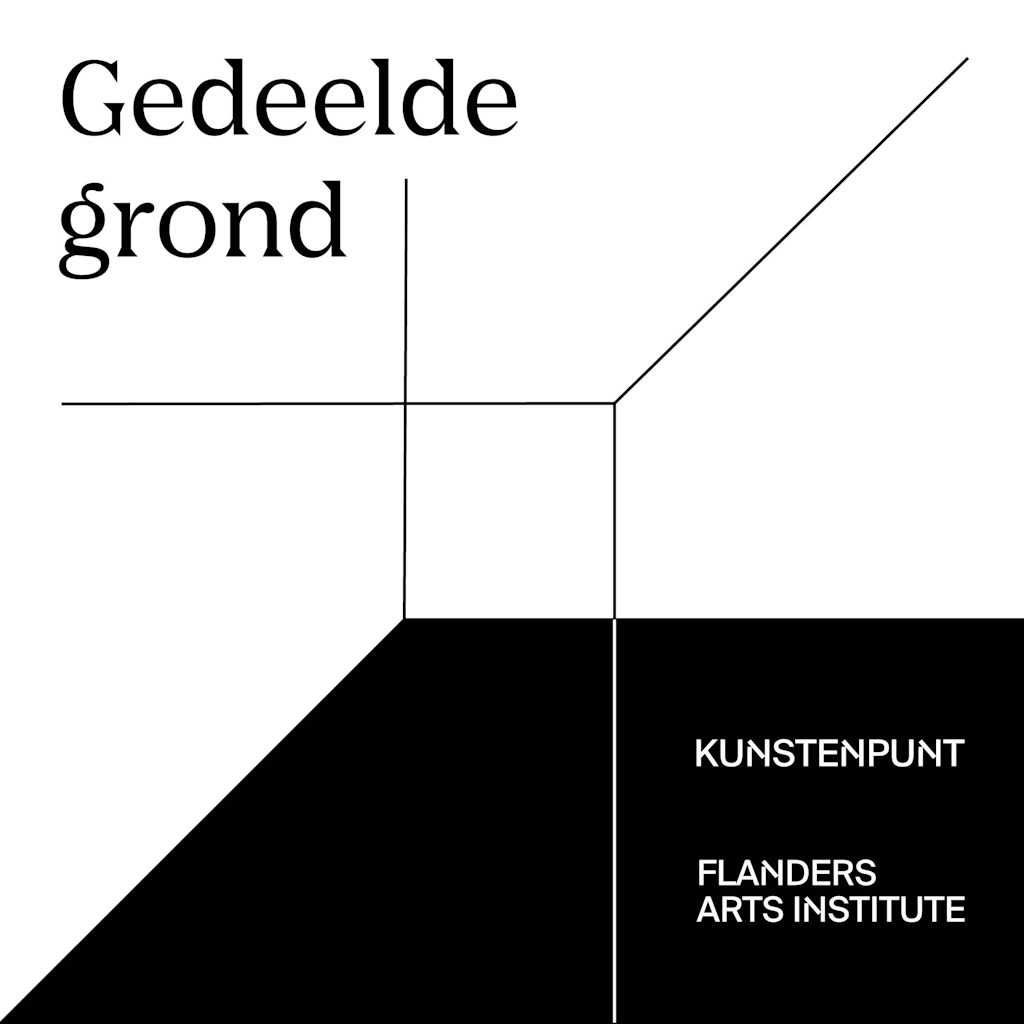Gedeelde grond (Shared ground) 3 – listen to the new podcast episode with Elisabeth Klinck

Elisabeth Klinck (c)Marie Dhaese
Gedeelde grond (Shared Ground) is a series of conversations with arts professionals from Flanders. What do they dream about? What do they worry about?”
“Be KIND to each other instead of always judging immediately. You hear it all the time: oh, what this person made was really not very good.”
Only if you are part of the top and play in the best orchestras, then you have made it as a musician. Violinist Elisabeth Klinck creates her own work and co-founded the Nemø ensemble. In the third episode, she talks about the need for affirmation, support, and mutual communication.
Podcast series – episode 3 (in Dutch, summary available in English)
We are trying to show content from Spotify.
Kunsten.be only uses minimal cookies. To view content by a third party website, this site can place additional cookies. By continuing to browse you are agreeing to the use of those third party cookies.
Read more about our privacy policy?
Summary
Violinist Elisabeth Klinck creates her own work, is a co-founder of the Nemø ensemble, and composes for stage performances.
Early in her career, the musician felt she had to say “yes” to every project that came her way, even though she was often poorly paid, and she felt little respect or no sense of community. Being a musician can be very lonely at times; rehearsing or composing a piece is often a solitary endeavor. Practical questions arise, such as “how much do you earn for a concert? How can you negotiate a fair price? What are your rights?” but there is no one to turn to for answers.
Certainly, she often rehearsed with other musicians, but it was only when she was asked to create music for stage productions that Elisabeth felt among like-minded people. They created together, built things on the floor, ate together, took care of each other, and helped each other.
“Suddenly, I realized that you can also create something beautiful by allowing people to be free and just play. That’s the opposite of the Conservatory.”
When you graduate from the Conservatory, it appears that the only career options are auditioning for orchestras or teaching. However, there are many more possibilities, such as starting an ensemble, working as an accompanying musician in theatre, or organizing concerts. Unfortunately, these alternatives are not taught, she says.
Furthermore, Elisabeth experiences little room for experimentation and failure. “Artists are expected to have their entire path mapped out in advance,” she says. “And you’re criticized if you don’t meet those expectations. I believe that’s the wrong approach. You have to promote yourself, but you shouldn’t set too many expectations, or you have to meet them without making any mistakes; otherwise, your career could be over.”
A bit of psychological support in the arts sector would be welcome, just as athletes – who also experience a lot of performance pressure – work with sports psychologists.
How do you deal with the pressure as a musician when all those people are watching you? Or when you’re organizing a festival as an artistic director? There’s a greater need for affirmation, support, and mutual communication.
Elisabeth dreams of artists working together in a large building with different floors and spaces: rooms for writing, rehearsing, and studying, with instrument builders in the basement, a studio, and a proper concert hall. A building where anyone can come knocking on each other’s doors if they’re stuck with something or want to try something out. Because from that dialogue and cross-pollination, new things emerge.
Recorded: June 5th 2023 at deBuren in Brussels.
Listen to the podcast via
Download the full transcription (in Dutch)



